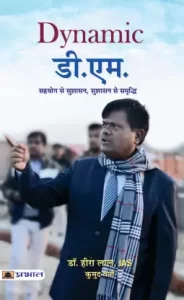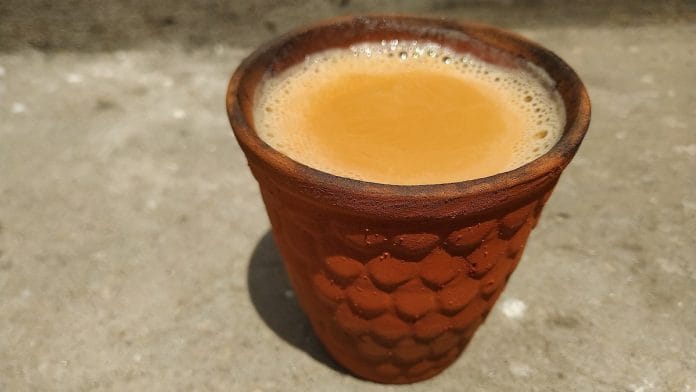We all know that plastic does not decompose for thousands of years. Plastic is causing a threat to human life as well as the earth’s atmosphere and causing climate change. Animals and birds are dying from eating plastic. Every year 10,00,000 marine lives in the ocean lose lives by eating plastic material. Along with this, plastic is polluting and destroying the fertility of the soil.
Cancer is caused by plastic bottles, utensils, etc. Plastic causes floods and destruction by creating blockages in rivers and streams. Keeping in view the disadvantages caused by the use of plastic, with the aim of making the district plastic-free from 19 August 2019, a campaign was started after preparing an action plan with citizens taking a pledge, which was given a slogan—‘Jhola-yukt, plastic-mukt, Banda’.
Objective
– To make efforts to reduce plastic pollution in the district.
– To create a clean environment.
– Try to prevent pollution-borne diseases.
– To make people aware to decrease the plastic industry gradually.
Also read: Villagers don’t have a say in their development. This IAS officer-led group is changing that
Process
– Meetings were held with officials and businessmen.
– Public awareness programs were organized.
– Cloth bags were distributed to the public, motivating the general public to use cloth bags as an alternative to plastic. A message was circulated that after that, if anyone was found with the banned plastic, then punitive action would be taken against him.
– The traders, educational institutions and the public in the district were administered a pledge not to use plastic in their daily lives.
– Cloth bags were distributed among the commercial establishments and the public by the district magistrate after collecting the pledges.
Result
– The efforts of the district magistrate had a profound effect on the traders and public.
– Merchants started delivering goods in biodegradable bags.
– The public was seen to be making a successful attempt to use cloth bags in their daily life.
– Simultaneously, to make the campaign stronger, the use of copper/steel/earthenware was encouraged to stop the use of plastic bottles.
– Emphasis was laid on the use of earthenware in the district. Officers and employees started using it.
– This effort will continue till the district becomes completely plastic-free.
Also read: These are the secrets to Indore’s 5-year ‘cleanest city’ streak. And it’s not rocket science
Earthenware: First, an order was issued asking that tea should be served in kulhads in meetings. It is delicious and is good for the environment. To promote earthenware for eating and drinking, an earthenware trader was invited, and an exhibition was organized in Sadar tehsil. For the availability of earthenware in the city, an earthenware shop was opened. I personally inaugurated it. In the district magistrate’s bungalow, all the utensils were made of earthenware. All the potters in the district were called and felicitated and encouraged. On Diwali, the deputy collector and I personally went to their homes and offered sweets to boost their morale. I reviewed the pottery art lease. The removal of plastic and increasing the use of earthenware were a part of the campaign.
Plates and bowls made of leaves: Efforts were made to increase the circulation of plates and bowls made of leaves for eating and drinking. I went to shop from two sellers on the sidewalk and saw and understood their work. During meetings, I would eat sitting on the floor from the plates and bowls made of leaves so that people would get inspired and make it a habit.
 This excerpt ‘Dynamic D.M.’ by Dr Heera Lal with Kumud Verma has been published with permission from Prabhat Paperbacks.
This excerpt ‘Dynamic D.M.’ by Dr Heera Lal with Kumud Verma has been published with permission from Prabhat Paperbacks.






